| Goods from new cooperatives account for 3% of sales in modern distribution channels. Vietnamese agricultural products will compete with quality and reputation in the EU market. |
In value chain linkage, agricultural cooperatives play a role in promoting horizontal linkages between farming households to organize production, and promoting vertical linkages with enterprises along the value chain.
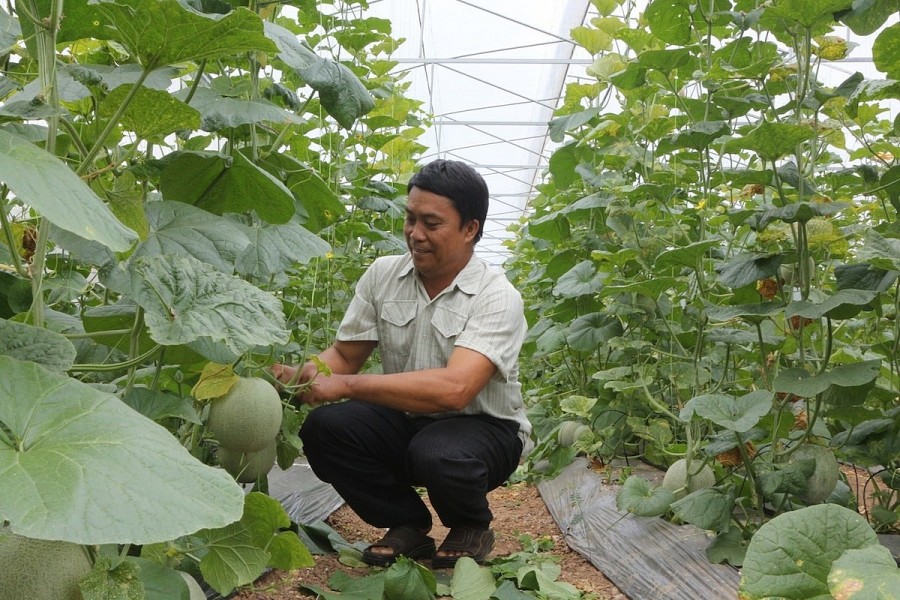 |
| On July 18, 2023, the Government issued Resolution No. 106/NQ-CP on the development of agricultural cooperatives in restructuring the agricultural sector and building new rural areas. The Resolution sets the goal that by 2025, agricultural cooperatives will become an important socio-economic model in rural areas, with over 60% achieving good and fair grades. |
Currently, in many localities, agricultural cooperatives help the government implement "land consolidation" in the direction of "contiguous regions, same tea, different owners", implementing concentrated production planning. Organizing collective actions to produce large volumes of products, uniformity, quality to ensure business requirements, reducing production costs. Agricultural enterprises are the main intermediary agents, playing the role of connecting and promoting vertical linkage with businesses.
Although the Government has many policies to encourage cooperatives to participate in value chain linkages, Mr. Le Duc Thinh - Director of the Department of Economic Cooperation and Rural Development (Ministry of Agriculture and Rural Development) - commented that in reality, many businesses find it difficult to carry out linkages because they cannot find strong enough agricultural cooperatives to act as focal points, so businesses have to sign contracts directly with each farming household, leading to high costs and risks.
According to statistics from the Vietnam Cooperative Alliance, currently, the country has more than 31,700 cooperatives, 158 cooperative unions and 73,000 cooperative groups. Of these, more than 4,000 cooperatives participate in value chain linkages (accounting for nearly 13% of the total number of cooperatives).
Regarding the development of linkages according to Decree No. 98/2018/ND-CP, according to data from the Department of Cooperative Economics and Rural Development, the whole country has only 2,204 cooperatives, 517 cooperative groups, 1,091 enterprises and 186,829 farmer households participating.
As a rice exporting enterprise, Loc Troi Group also aims to develop along the value chain, encouraging farmers to link up with each other and with enterprises. However, enterprises also face many problems from legal status, tax, legality, contract breaking, etc.
“The cooperation of Vietnamese people in general is not good, not to mention the unhealthy competition. Loc Troi determines to link up to eat, live and work together with farmers, but still has difficulties in its own linkage,” Mr. Huynh Van Thon - Chairman of Loc Troi Group shared, adding that the attitude of people in horizontal linkage is not good. Without a large enough cooperative organization, businesses cannot link up effectively.
“Attitude and scale of cooperation are vital tasks that social organizations and supporting agencies must help businesses to ensure that they meet technical requirements and product standards,” Mr. Huynh Van Thon shared, and at the same time recommended that there should be a mechanism to implement large-scale model fields and build a strong rice industry ecosystem.
The 2024 National Cooperative Forum has just taken place with the theme "Sustainable development of product value chains". Chairman of the Vietnam Cooperative Alliance Cao Xuan Thu Van affirmed that the value chain is of great significance to cooperatives. And conversely, the collective economy and cooperatives are also the "breath" of the diverse value chain of many industries in the agricultural and non-agricultural sectors. Sustainable development of product value chains is an issue that has been mentioned a lot in recent times, not only in Vietnam but also globally. However, linking along sustainable value chains still has "bottlenecks" that need to be resolved.
Currently, the number of cooperative distributors is still small in the supermarket and modern distribution types, and it is estimated that cooperatives contribute about 3% to sales. One of the reasons mentioned by Mr. Nguyen Anh Duc - General Director of the Ho Chi Minh City Union of Trading Cooperatives (Saigon Co.op) is that the linkage between cooperatives and other economic sectors has begun to form but is still small, and the linkage standards are not high.
The situation of everyone doing their own thing is a common reality in many industries. The story of durian or rice recently shows a paradox that durian and rice prices are high, farmers benefit, but traders, cooperatives, and businesses face many difficulties in purchasing and competing, making the story of profit and loss quite a headache for many businesses.
Mr. Vo Quan Huy - Director of Huy Long An Company Limited - said that in reality, the connection between farmers and businesses still has a lack of understanding. Through the actual connection process, we see that farmers want to make a lot of profit, but businesses are afraid of losing money if they buy at a high price. Sometimes, businesses have to classify goods, but this affects the price, lowers profits, leading to conflicts of interest between farmers and businesses. To resolve this conflict, businesses and farmers need to sit together, have the same goals, understand each other and answer questions together. This is a long-term story.
In a recent interview with reporters, Mr. Le Minh Hoan - Minister of Agriculture and Rural Development - also emphasized: Who would have thought that growing rice would not only sell paddy, rice, straw but also carbon credits; who would have thought that many places are selling rural ecosystems for tourism? World consumers not only buy products but also buy the way to create those products. Therefore, there is still a lot of room for developing cooperatives in the value chain. Cooperatives are not the sum of their members but a multiplier that creates new vitality for the countryside, or in other words, developing the rural economy based on developing cooperatives.
"To successfully link up along the value chain, the most important thing is to be open, transparent, voluntary, unified, and maintain credibility between the parties. Without credibility, it is impossible to link up successfully. This is the key to opening the chain, if done well, benefits will be shared," Deputy Prime Minister Le Minh Khai also emphasized at the 2024 National Cooperative Forum.
American billionaire Warren Buffett once said, “If you want to go fast, go alone. If you want to go far, go together.” Obviously, only chain linkage can improve product quality, gain more value, and develop the market sustainably.
Source


![[Photo] Opening of the 4th Summit of the Partnership for Green Growth and the Global Goals](https://vstatic.vietnam.vn/vietnam/resource/IMAGE/2025/4/16/488550ff07ce4cd9b68a2a9572a6e035)


![[Photo] National Assembly Chairman Tran Thanh Man meets with Ethiopian Prime Minister Abiy Ahmed Ali](https://vstatic.vietnam.vn/vietnam/resource/IMAGE/2025/4/16/c196dbc1755d46e4ae7b506c5c15be55)
![[Photo] President Luong Cuong receives Ethiopian Prime Minister Abiy Ahmed Ali](https://vstatic.vietnam.vn/vietnam/resource/IMAGE/2025/4/16/504685cac833417284c88a786739119c)
![[Photo] Many practical activities of the 9th Vietnam-China border defense friendship exchange](https://vstatic.vietnam.vn/vietnam/resource/IMAGE/2025/4/16/3016ed3ef51049219574230056ddb741)




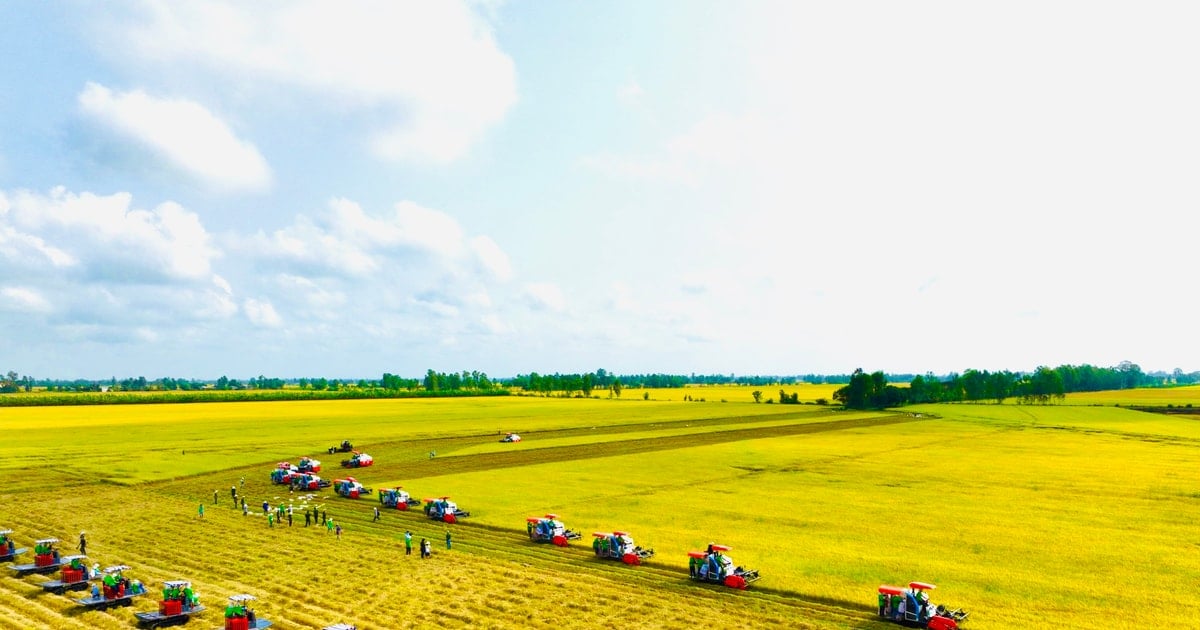

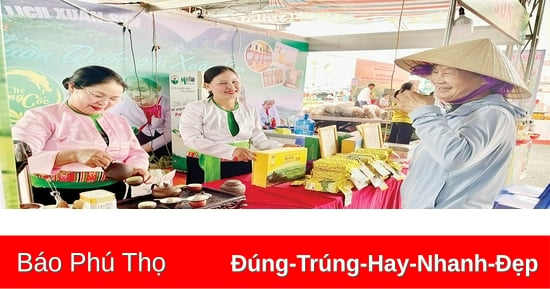
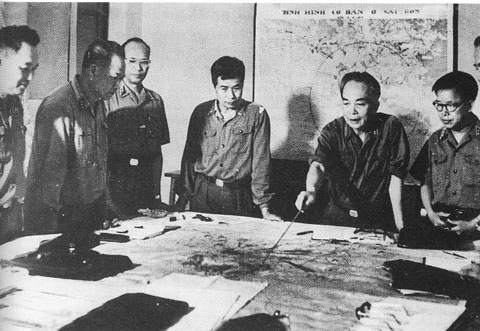
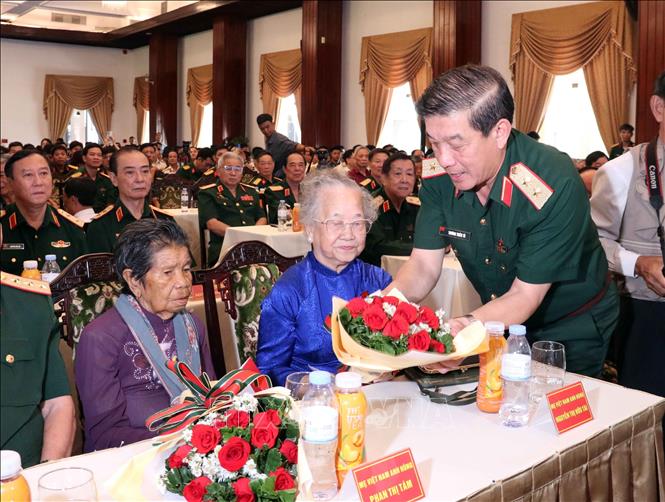
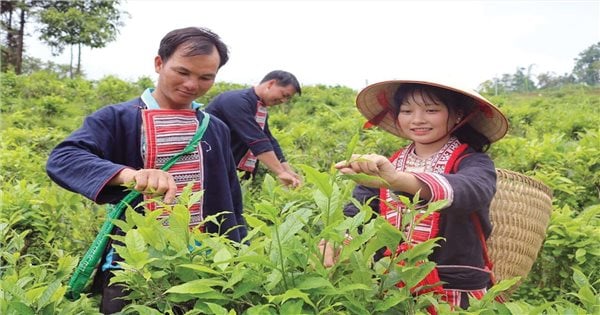
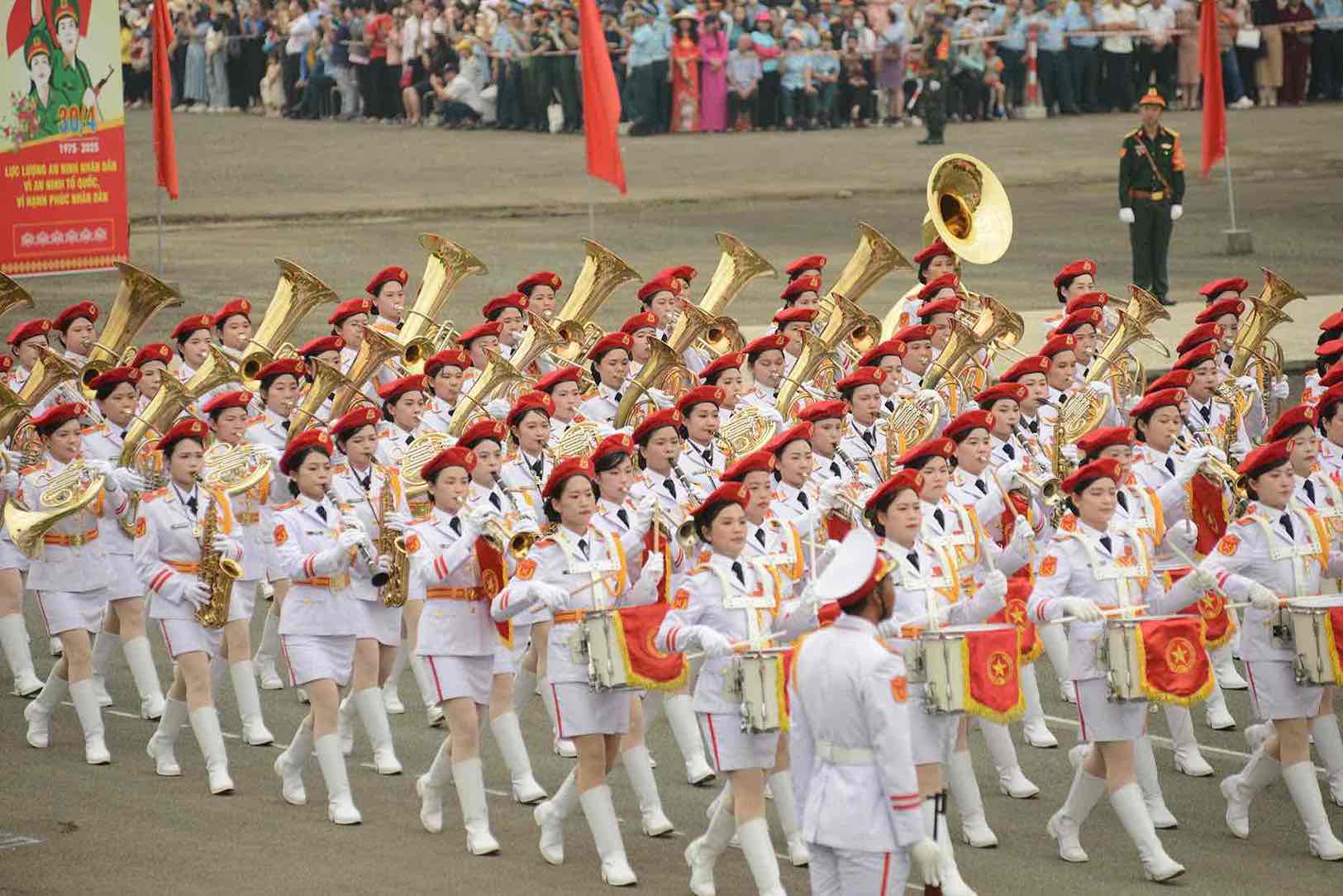
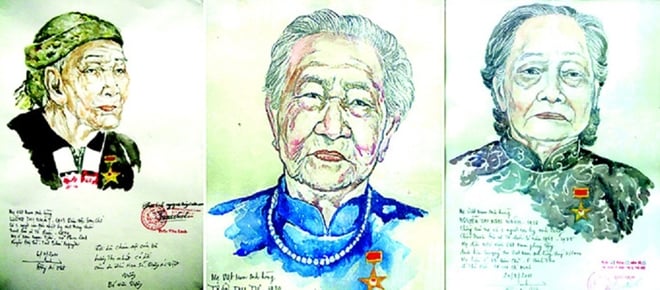







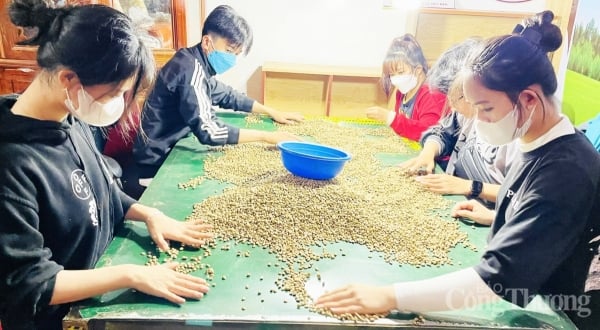
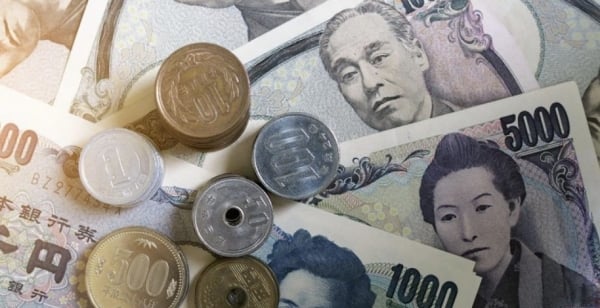
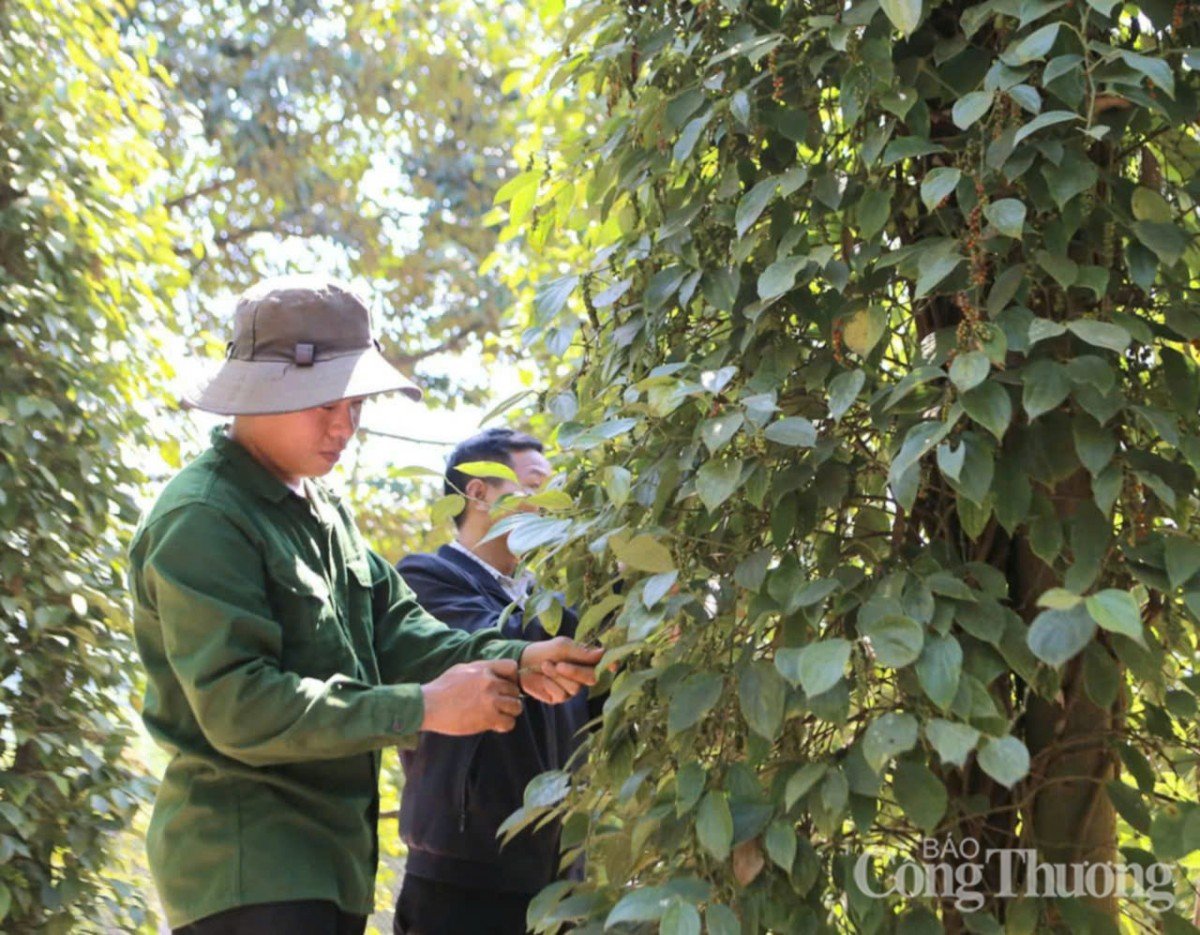

![[Photo] President Luong Cuong meets 100 typical examples of the Deeds of Kindness Program](https://vstatic.vietnam.vn/vietnam/resource/IMAGE/2025/4/16/ce8300edfa7e4afbb3d6da8f2172d580)







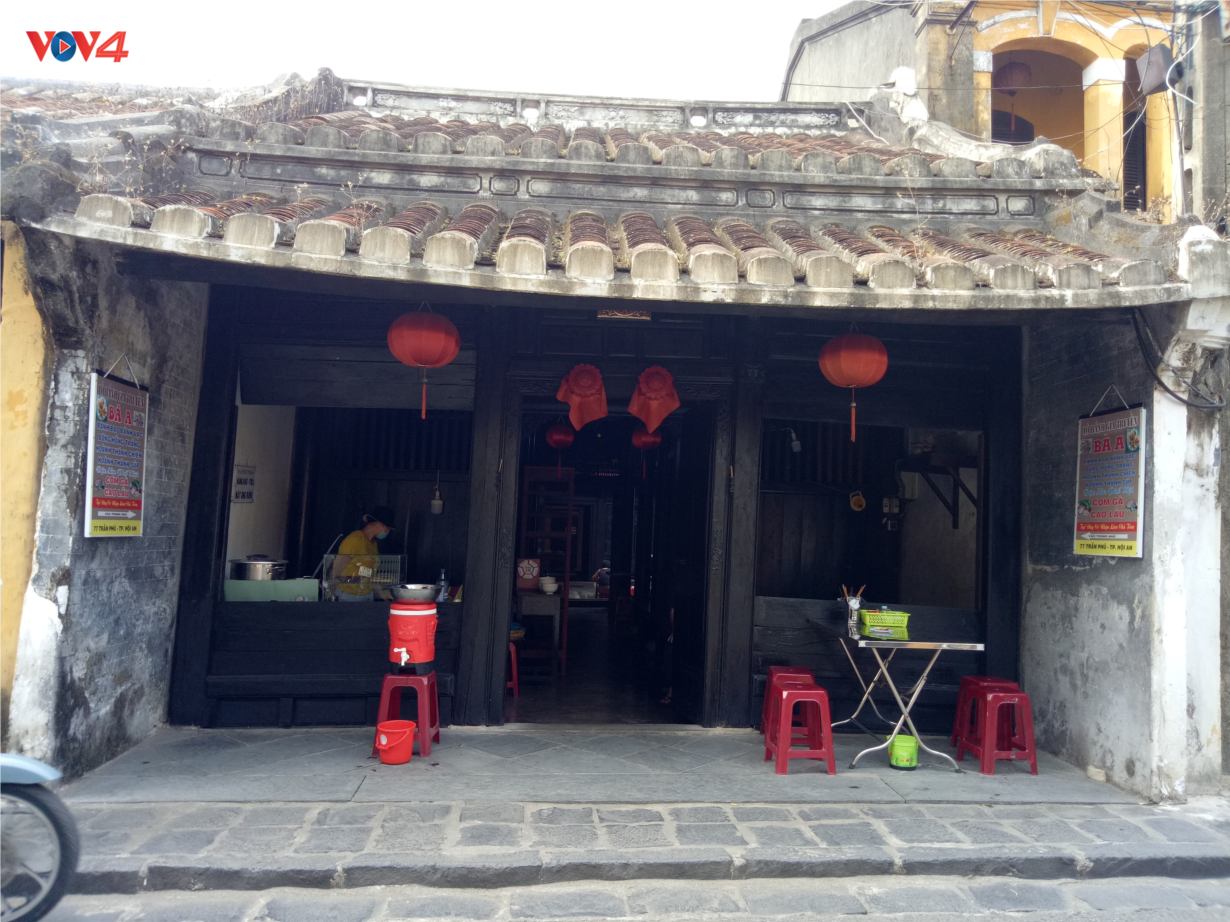







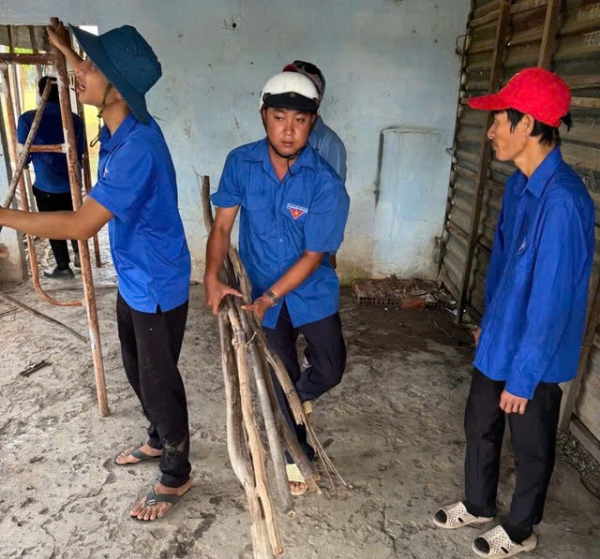

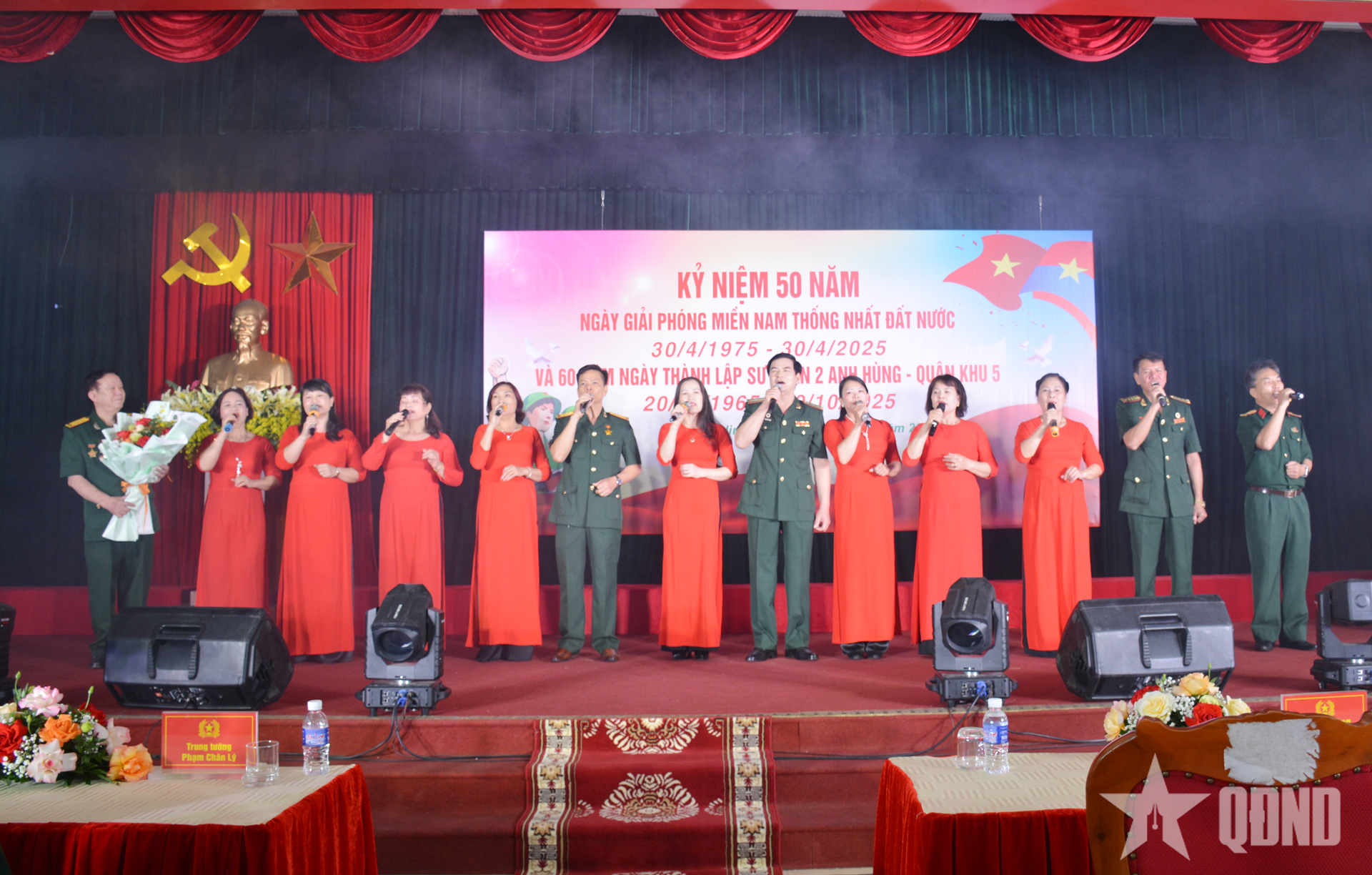












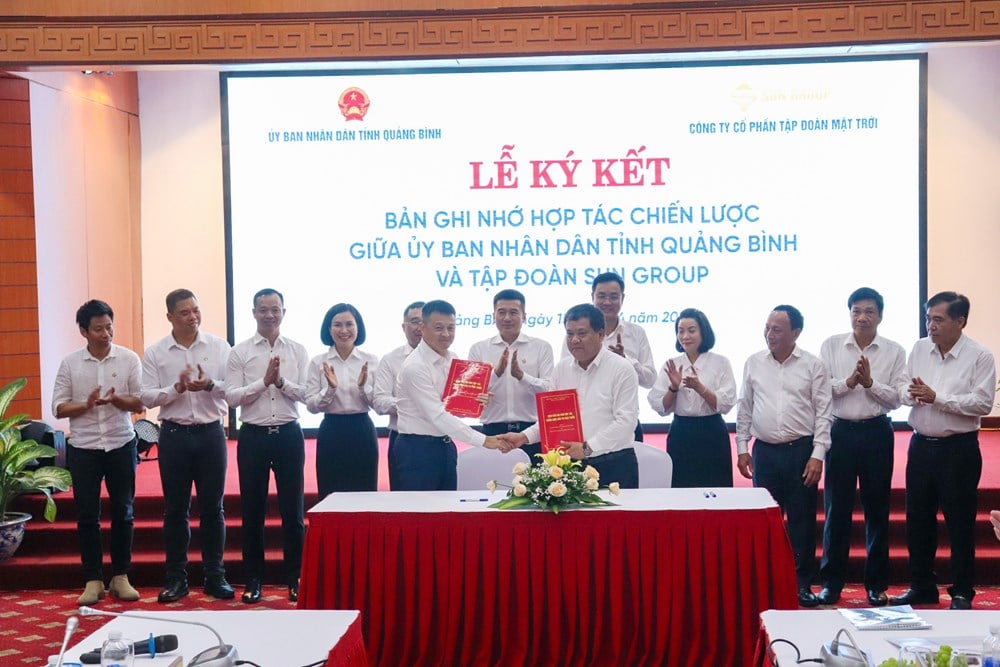








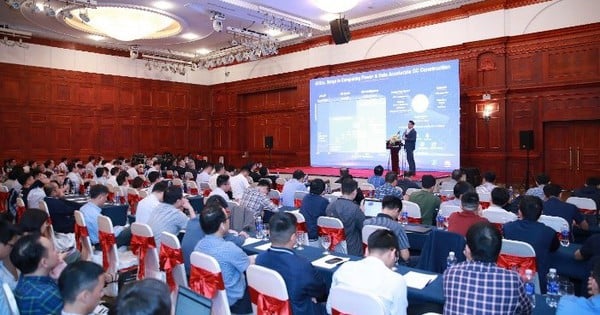








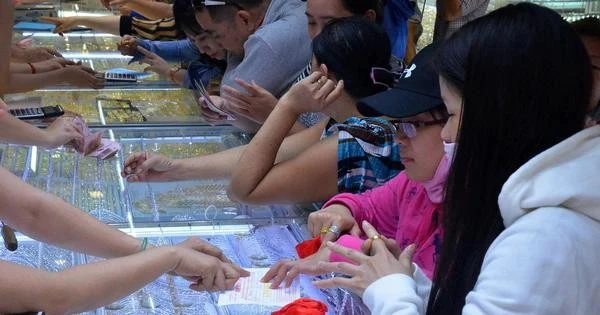

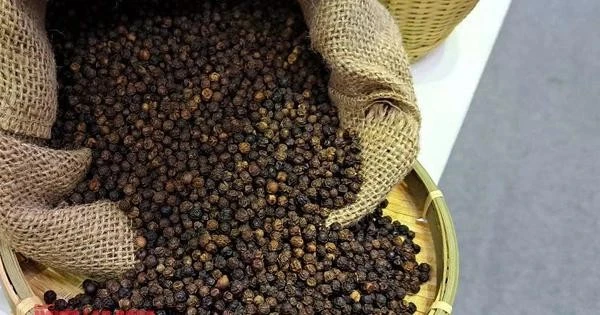
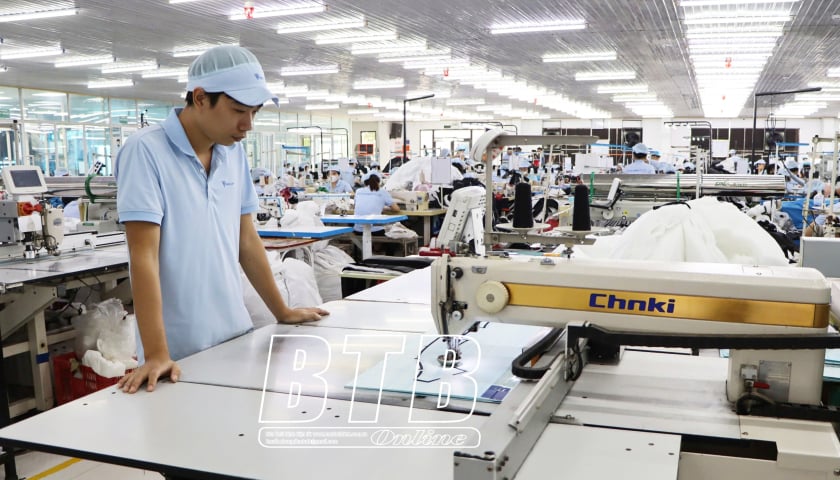



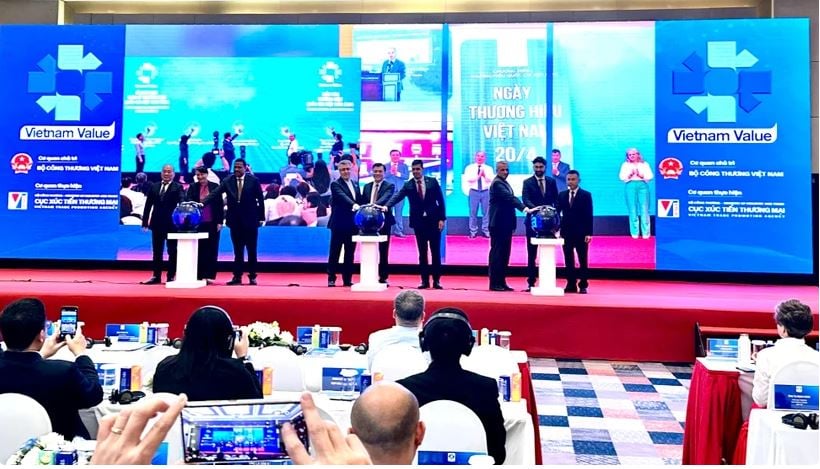


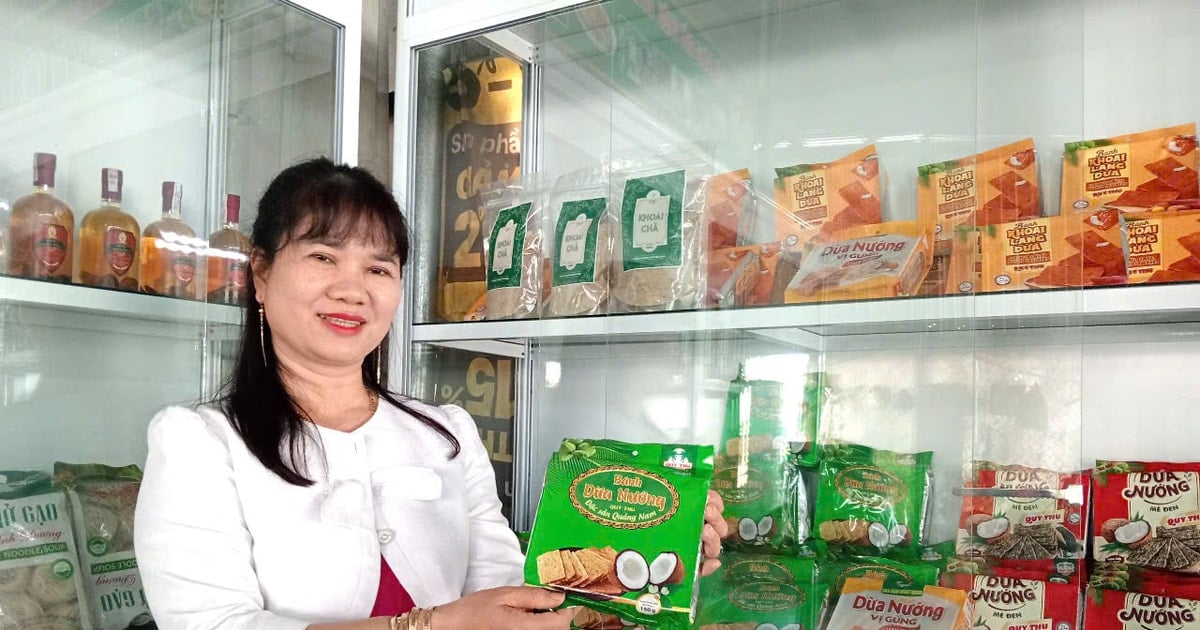



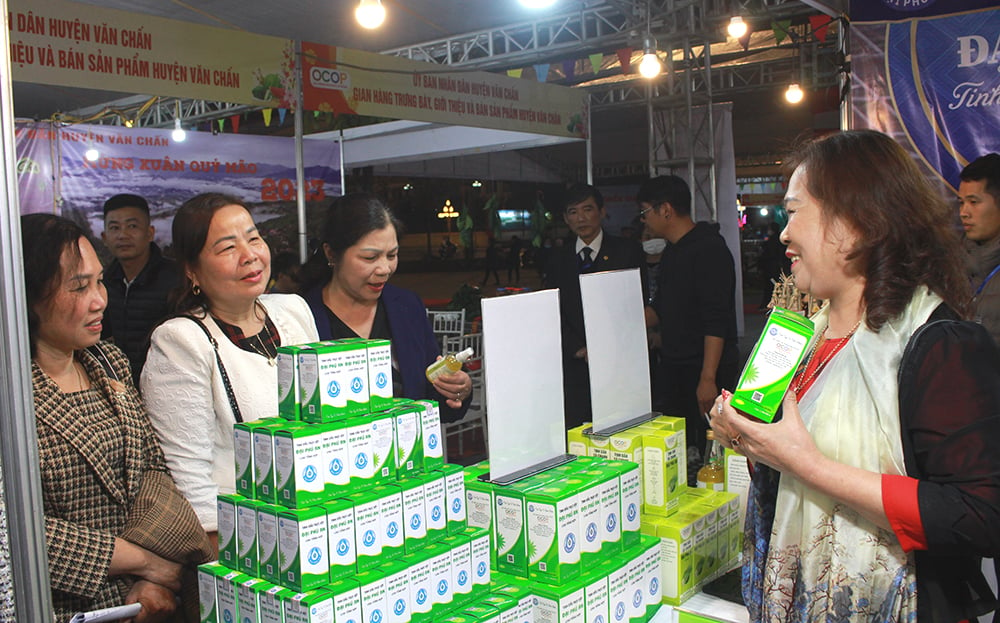

Comment (0)